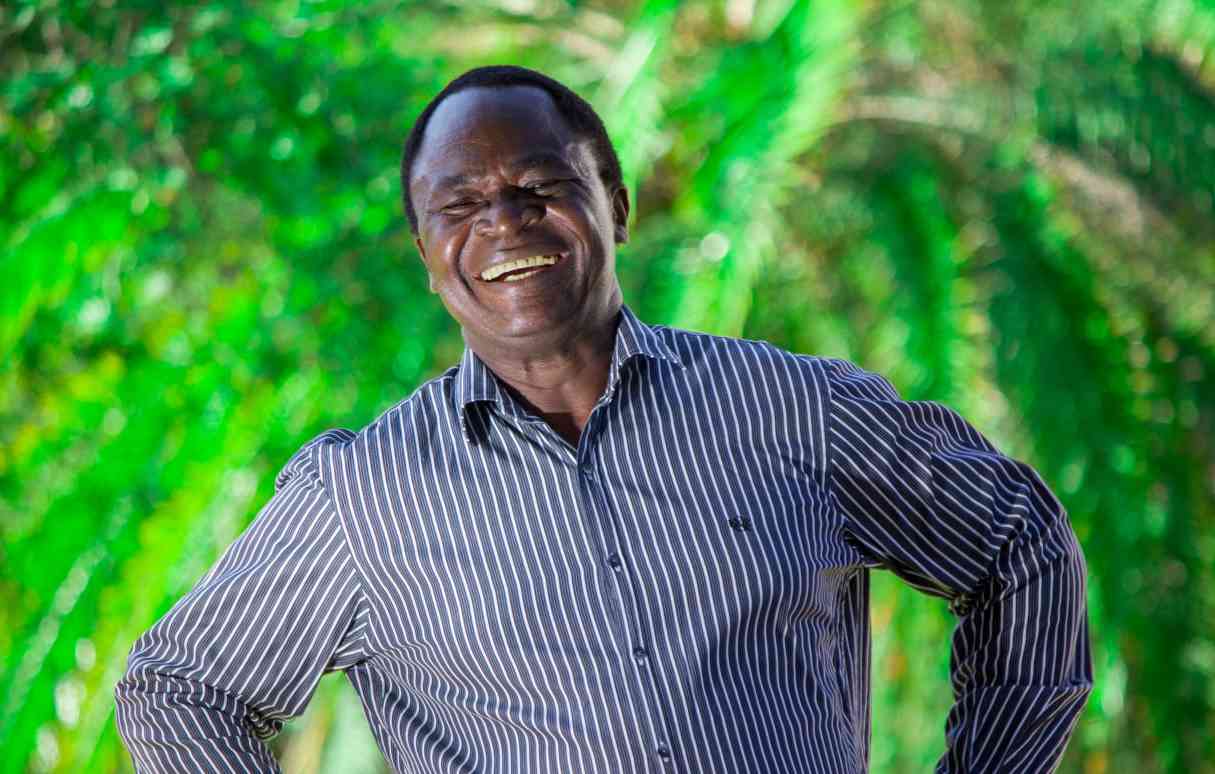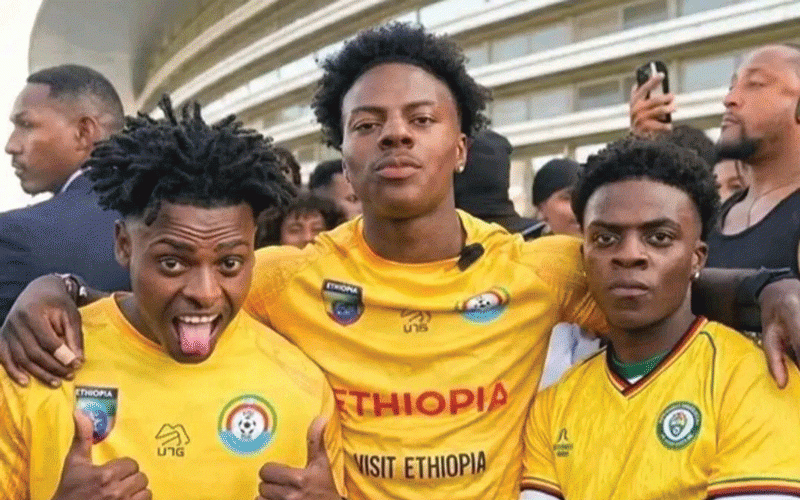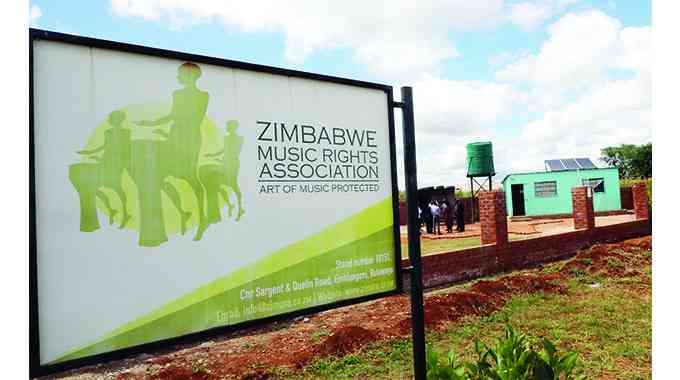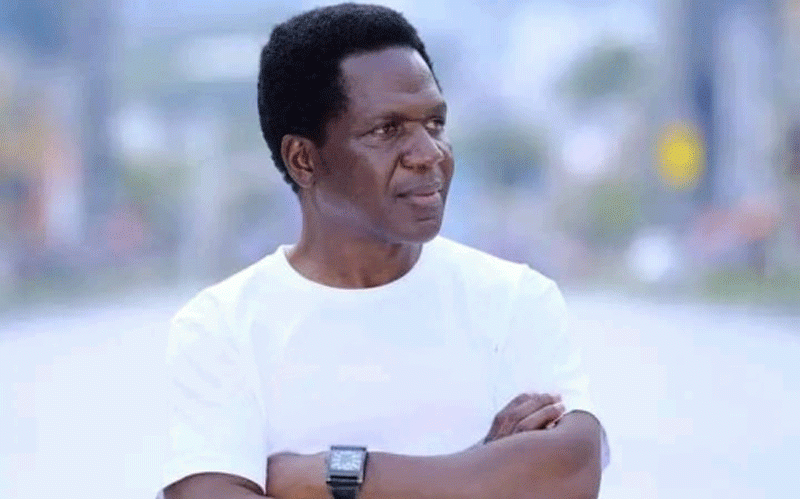
If you take someone for granted, you do not deserve that person. If you are mature enough to let them be, then do so. But do not use your current position or status to exploit your fellow beings.
Every human being knows their worth.
The reason why I am saying this is because of the observations I have made in the music industry.
I have been studying the history of Jonah Moyo and Devera Ngwena band since its inception by their then manager, Ian MacIntosh in Zvishavane in 1982.
The boys who were working at Mashaba mine and performed for mineworkers at the weekends suddenly became one of Zimbabwe’s top bands.
With hundreds of singles and albums ranging from Devera Ngwena One, Devera Ngwena Two to Devera Ngwena Ten, which sold hundreds of thousands of records, one would expect Jonah Moyo and his group to be among Zimbabwe’s richest musicians.
However,there were too many hurdles and middle men who benefitted from their output.
Tony Rivett, their producer from Gramma Records was one of the beneficiaries. When I suggested to him (Tony Rivett) that the music should be enriched with a horn section, after listening to a lot of music from the Congo where the band emulated their music, I was quïckly rebuffed: “We are making enough money without any addition of those things. Why should we bother?” was his response. Obviously, Rivett did not have any future plans for the band.
- In the groove: Is Patrick Mukwamba jinxed?
- In the groove: Is Patrick Mukwamba jinxed?
- In the groove: Bothwell Nyamhondera: A distinguished music producer
- In the groove: ‘Devera Ngwena’ resurfaces at GZU graduation ceremony
Keep Reading
So despite this success, overseas tours and fame, not everything was rosy for Devera Ngwena.
Below is Jonah Moyo’s account of how the band which was employed at Mashava Mine was exploited by the big guns: .
“It was in 1982 in Mashava when I received a call from the Mashava Mine welfare officer telling me to stop everything I was doing and start preparing. He said Comrade Simon Muzenda (the late vice president) is here to have lunch with you and the guys. I was totally flabbergasted; why us? I asked myself a lot of questions with no answers.
Yes, it was a big day for us. After we finished having lunch, he said, I have a job for you. He then gave me a cassette which he said had information about the life of Cde Leopold MukumwaidziTakawira. He gave us only 2 weeks to arrange and record the song. He told us that we were going to perform it live at The Heroes Acre. This was for the reburial of the remains of Baba Takawira.
Later I phoned my producer the late Tony Rivett about my situation. He said anytime we are through with the song we must come for recording. The rest is history.
On the day we arrived in Harare, we thought we were going to stay at an hotel. To our surprise, we were told that we would be staying at the vice president's residence for three days.
Just imagine, everyone was given his own bedroom and you could get lost inside the house. Apa taibikirwa namai Muzenda. (Mai Muzenda cooked for us)
We were the first band to perform live at the Heroes Acre. Ma comrades vakarova jive wena kukandira pfuti ukotaridza kambo Ndichakutiza. (Comrades danced to this song and threw their guns away). All in all, it was a great experience for us. Later the song was voted song of the month and won us a trophy from Quick Silver Blade Company. That is all we got.’’
However, Jonah and his crew were not happy as they were not paid for this service. I suppose the thinking was that they had enjoyed three days of luxury at the Vice President’s residence in Highlands and free meals. But how about their families? Do they eat the Silver Blade trophy?
Later on, a similar incident happened with Thomas Mapfumo. The then minister of Youth, Sport and Culture, Ernest Kadungure, approached me and said “You are friends with Thomas Mapfumo. Why don’t you ask him on our behalf to come and perform in Dar-Es-Salaam at Tanzania’s Independence Day on the 9th December? I took this invitation to Thomas and he didn’t seem excited at all. His first reaction was: ”How much are they paying us? We are a big family, as you know. There are 12 of us”.
I took this message back to the minister. Here is what he said: ‘’Are they crazy? We are paying for their airfares to Dar-es-Salaam as well as their hotel accommodation. Isn’t that sufficient and an exciting experience for them?”
Thomas stood his ground and asked me: “’How are we going to feed our families? How are we going to pay our rent? Do we feed our children on plane rides and staying in a hotel? Does your minister know that this is a job for us?
I didn’t know what to say and the whole thing collapsed.
Earlier on, I had asked the same minister to find ways we could purchase a government P.A. system for big stadium performances. He said that he had received a system which was housed in his office from one of the friendly ambassadors. On inspection I saw that this was a 100watt stereo with two Hauberg speakers. It was meant for indoor entertainment only. That was a non-starter.
A few years later, I formed the Frontline Kids band. We were invited to perform at 21st February Movement function which was Robert Mugabe’s birthday. Kembo Mohadi said that we should consider ourselves lucky to perform in front of the president.
After the performance, I was invited by the president and he thanked me for the performance and asked me if I wanted to join his 21st February Movement. I agreed and teamed up with Kubi Chaza, Francis Nhema. K.G. Patel, Peter Pamire and three others.
The Frontline Kids fell into the same predicament. They were not paid. Peter Bob Manwere, the band’s bassist, said to me: “They did not even give us $10 for bus fares back home?”
I had to folk out their bus fares back home from my pocket.
A similar incident had happened with Stars of Liberty band in 1980, a band which I had formed with Louis Mhlanga in London.
We performed at Independence Celebrations at Camden Town Hall which was organised by Zanu PF. We raised 6,500 pounds and handed it over to the organisers who gave us 250 pounds for expenses (which was meant to pay for the hire of the P.A. system and transport). The band got nothing. The rest of the money was meant to go to the party, but we were told that it never reached its destination. We felt exploited.
Paying musicians fairly for their duties is a fundamental way to show appreciation and prevent them from feeling taken for granted.
"Taking someone for granted" means failing to appreciate their value, which can happen when you are accustomed to their presence and their contributions are not recognised. To combat this, pay musicians you ask to perform for you no matter what your status is.
Pay their due for their work, provide regular praise, and make an effort to recognise their contributions so they feel valued rather than overlooked.
- Feedback: [email protected]











